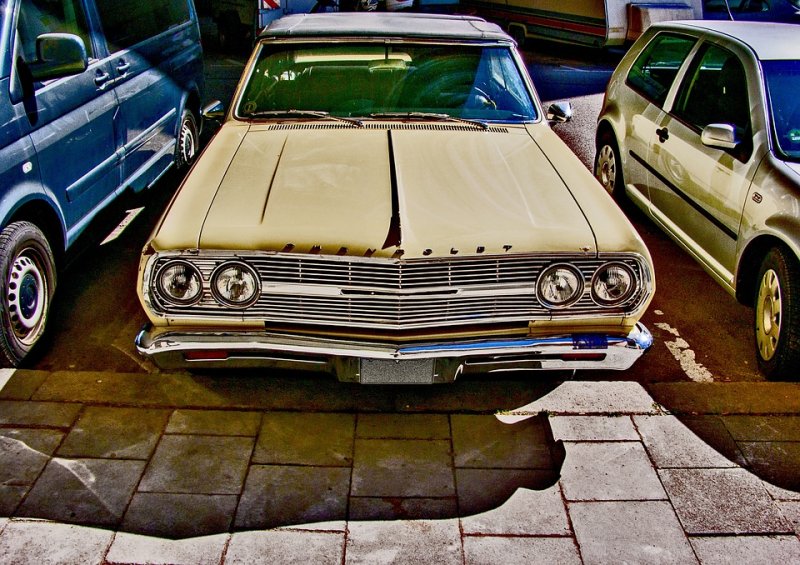How to Protect Yourself when Buying a Used Car from a Dealer

There is an old saying “buyer beware”, which is particularly apt when the subject is used cars. Speak to anyone and they will all have a story about a car they bought that turned out to be a total lemon. Unfortunately, car dealers don’t have the best reputation. Some used car dealers are honest and ethical, but plenty more will happily sell us a clapped out heap of trash and smile as we drive it away.
You need to be on your guard when buying a used car. There is legislation to help you if you do end up with a ‘lemon’, which happens to be known as the Lemon Law. This legislation states that if the manufacturer or dealer can’t solve defects with reasonable repairs, they have to compensate the owner or lessee. If you do end up with a shockingly bad used auto, you should have no problem finding a lemon law lawyer, but prevention is always better than cure, so here are a few dodgy scams to beware of when buying a used car.
Dealer or Private Seller
You have far fewer rights when you buy a used car from a private seller. If the vehicle turns out to be dangerous, stolen, or just a heap of junk, there is not a lot you can do. For this reason, some dubious dealers masquerade as private sellers.
To catch them out, always check that the name on the car’s title document matches the seller’s driver’s license. If it doesn’t, walk away from the deal.
Super Low Price Scams
If a price sounds too good to be true, it usually is. Never fall for a low price scam. Some dealers like to get you through their door by advertising cars at ridiculously low prices. You see the car of your dreams, at a price you can afford, and make an appointment to view. Upon arrival, either the vehicle is no longer for sale, or the price was “a mistake”. The dealer knows that once you are in the dealership, you are much more likely to buy a different vehicle than walk away.
To avoid a wasted journey, research prices for cars you are interested in. That way you will be able to spot a phony deal.
Odometer Fraud
Odometers can be tampered with, so a car with a low mileage may not be genuine. Unethical dealers will manipulate the odometer so they can ask a higher price for the vehicle. You won’t have a clue until the engine blows up at a surprisingly low mileage.
Double-check an odometer reading by cross referencing maintenance records for the vehicle. If there is a problem, report the dealer for fraud.
There are other scams to watch out for, so be on your guard when buying a used car. Always research local used car dealers and be sure to inspect the Buyer’s Guide sticker on the window carefully to avoid overlooking any potential problems, such as the fact it comes with no warranty.
More to Read:
Previous Posts:







